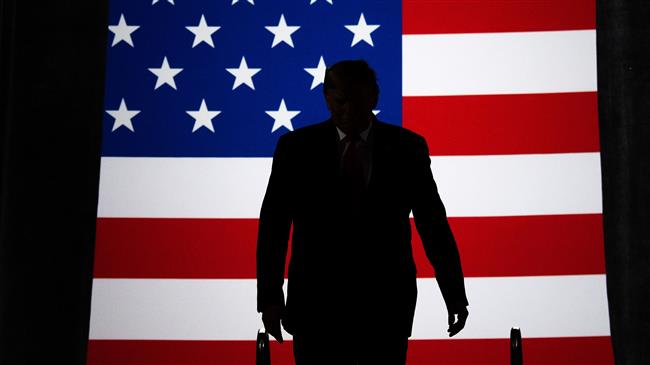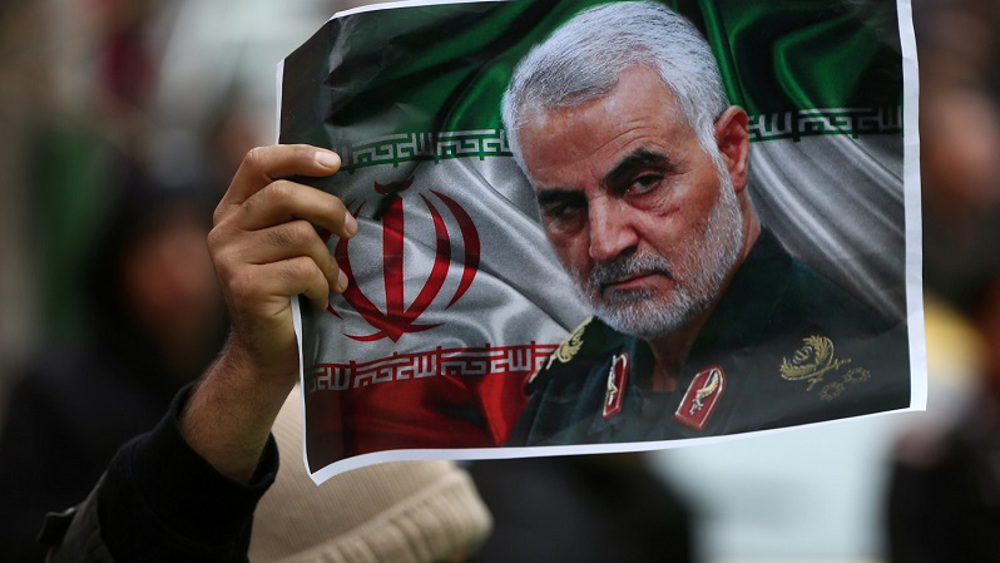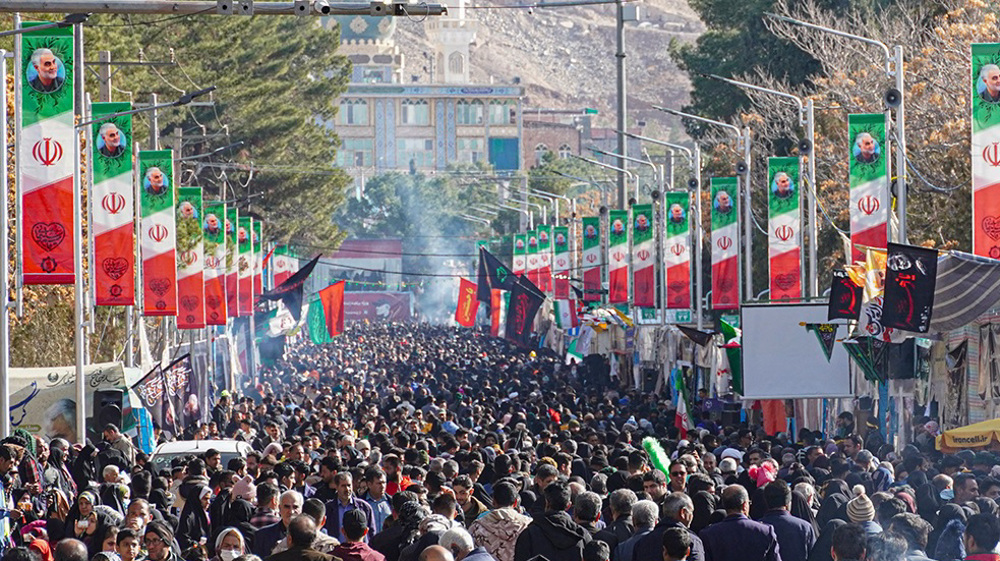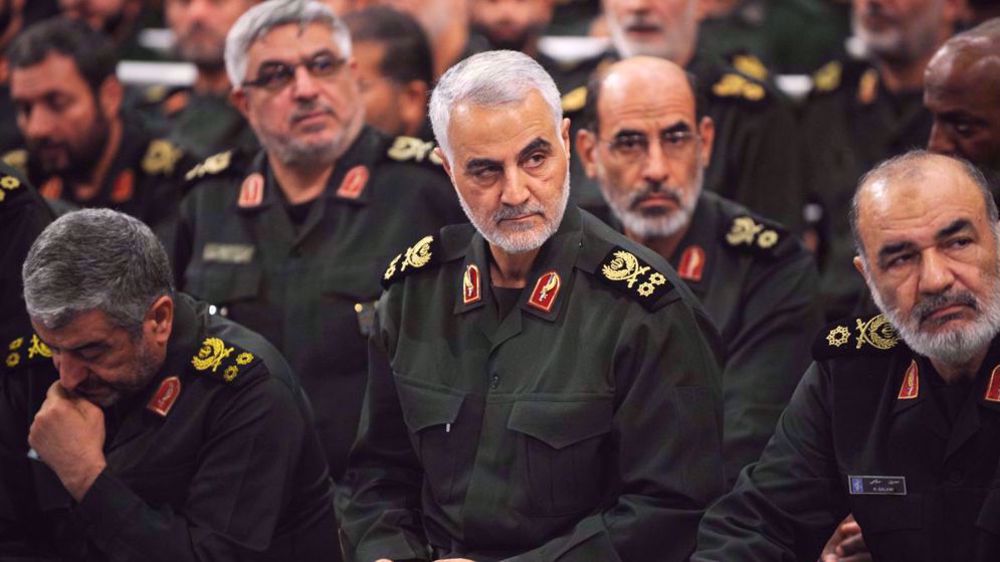Trump: ‘Doesn't really matter’ if there was imminent threat from Soleimani
US President Donald Trump has doubled down on the insanity of the assassination of the commander of the Quds Force of Iran’s Islamic Revolution Guards Corps (IRGC), saying Lieutenant General Qassem Soleimani should have been killed 20 years ago.
On Monday Trump contended Soleimani posed an impending threat to the United States but also said that was not important given his past, after NBC News revealed that Trump had authorized the US military to assassinate General Soleimani seven months ago.
The officials told NBC News that former US National Security Adviser John Bolton had urged Trump to sign off on an operation to kill Soleimani after Iran shot down a US drone that had violated Iranian airspace in June.
The new report further contradicts the Trump administration's publicly stated justification for ordering the US drone strike that killed Soleimani. US officials have claimed that Soleimani was killed because he was planning “imminent attacks” on Americans.
"The Fake News Media and their Democrat Partners are working hard to determine whether or not the future attack by… Soleimani was 'eminent' or not, & was my team in agreement," Trump tweeted Monday morning, incorrectly spelling imminent.
"The answer to both is a strong YES., but it doesn’t really matter because of his horrible past!" he added.
Trump later said the media and Democrats are trying to make “Soleimani into a wonderful guy, only because I did what should have been done for 20 years.”
Trump pushed the US and Iran to the brink of war last week when he ordered a drone strike that assassinated General Soleimani in Baghdad. Iran responded early on Wednesday with a barrage of missile strikes hitting a key airbase hosting American forces in western Iraq.
Trump's national security officials have contradicted each other several times over the reasons for the assassination. The claim that Soleimani was planning “imminent attacks” against the US has been met with widespread suspicion and skepticism in the US.
The idea of killing Soleimani also came up in discussions in 2017 that Trump's national security adviser at the time, H.R. McMaster, was having with other senior advisers, officials said.
The plan to assassinate Soleimani was part of Trump's "maximum pressure" campaign against Iran and "was not something that was thought of as a first move," said a former senior administration official involved in the discussions.
‘All wars have rules. All of those rules have been broken’ by Israel
VIDEO | Report flags India’s violation of rights of Rohingya detainees
Turkey's foreign minister meets Syria's de facto leader in Damascus
'Next to impossible' to rescue patients from Gaza's Kamal Adwan Hospital: Director
VIDEO | Vietnam current prosperity
Report blames gasoil exports for shortage at Iranian power plants
VIDEO | Hind Rajab Foundation names Israeli war criminals vacationing after Gaza genocide
VIDEO | Australians rally for Gaza ahead of Christmas festivities











 This makes it easy to access the Press TV website
This makes it easy to access the Press TV website